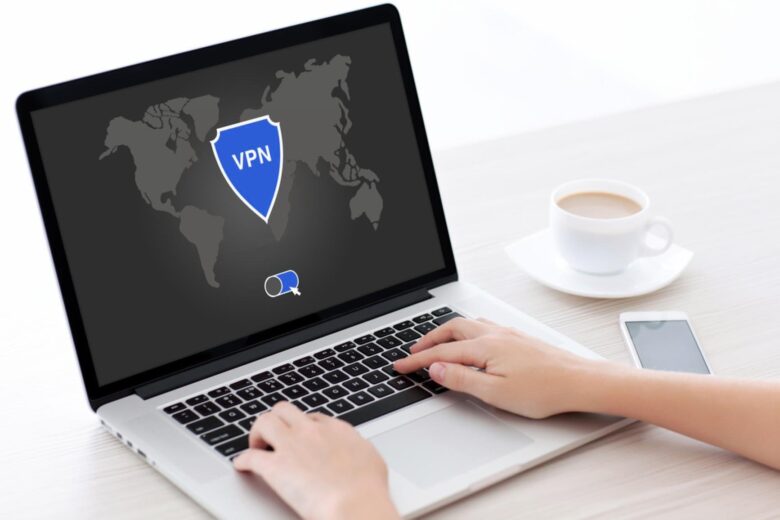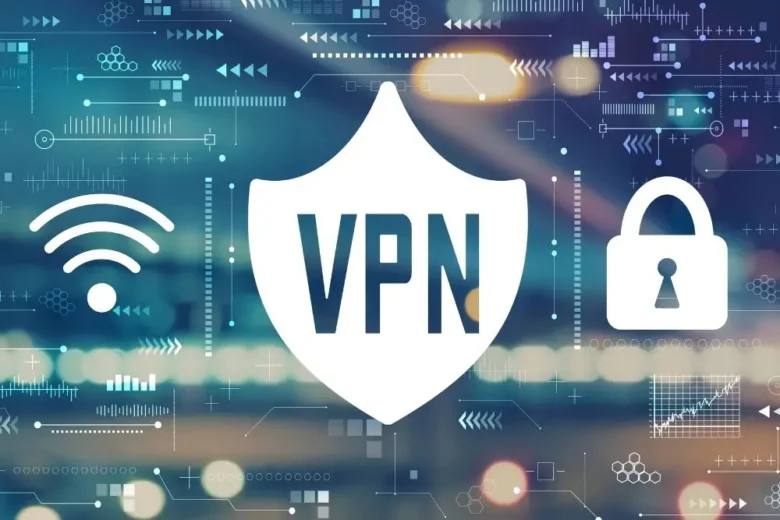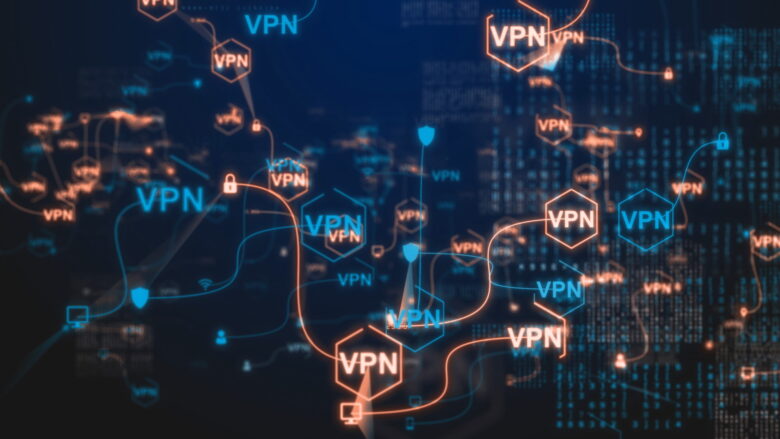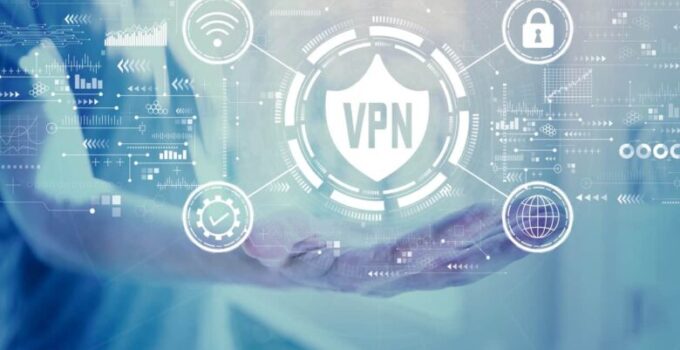The digital era has brought with it a vast spectrum of concerns, the most of which are centred on privacy and security, along with all of its ostensibly endless prospects and advantages. In this complex web of hazards and challenges, the Virtual Private Network, or VPN, has emerged as a lighthouse for those wanting to protect their online privacy. This article seeks to demystify VPNs for beginners by highlighting their significance, practicality, and range of advantages.
What Exactly is a VPN?
In its most basic form, a virtual private network (VPN) is a service that enables you to connect to the internet via an encrypted tunnel to a server that is located someplace else. This masks your original IP address and encrypts your data to keep your online activities secret and safe.
Originally, VPNs were conceived to connect business networks securely over the internet or allow employees to access their business networks from home. However, their advantages soon made them popular among regular internet users.

How Does a VPN Actually Work?
When you use the internet without a VPN, your data flows through your Internet Service Provider (ISP). Your ISP may thus monitor and record anything you do online. These records could be made available to advertising, the government, or other outside parties.
A VPN redirects your internet traffic through a specially configured remote server. This means:
- Your ISP cannot see what you’re doing online: All it sees is that you’re connecting to a VPN server. Everything beyond that is hidden.
- Your IP Address is Masked: The IP address of the VPN server, not your own, is what websites and other online resources will see. They can’t determine your identity or location because of this.
- Your Data is Encrypted: This means outsiders cannot decipher it.
Why Should You Use a VPN?

While VPNs might seem like tools only for tech-savvy individuals or those involved in clandestine activities, they offer benefits for everyone:
- Privacy: Keep your online activities private from ISPs, advertisers, and websites.
- Security: Encrypt your data, protecting it from hackers on public Wi-Fi and other potential threats.
- Bypass Geo-restrictions: Access content that might be blocked or restricted in your region. A great example is using a streaming VPN to watch content from platforms available in another country. Click here and find more information.
- Avoid Bandwidth Throttling: If your ISP is known to slow down certain types of traffic, a VPN can help you avoid these speed issues.
- Remote Access: Access data remotely through secure channels, particularly useful for businesses.
Choosing the Right VPN
With numerous VPN services available, picking the right one can seem daunting. Here’s what you should consider:
- Purpose: If your primary use is entertainment, like watching geo-restricted content, you might want to choose a streaming VPN known for high speeds and server locations in regions that house your desired content.
- Security Protocols: Look for VPNs that use protocols like OpenVPN or L2TP/IPsec, known for their security and performance.
- Logging Policy: Always opt for a VPN that has a strict no-logging policy, ensuring they don’t keep records of your online activities.
- Speed: Since VPNs can slow down your internet connection, it’s crucial to pick one known for its speed.
- Usability: For beginners, a user-friendly interface can be a boon.
- Price: While free VPNs are available, they might not offer the best protection. Research thoroughly, weigh the pros and cons, and don’t hesitate to invest in a reputable service.
Potential Drawbacks

Source: youronlinechoices.com.au
Like any technology, VPNs aren’t without potential downsides:
- Slower Speeds: Encrypting and rerouting your traffic can sometimes reduce your connection speed.
- Blocked by Some Services: Some platforms, especially streaming services, have measures in place to detect and block VPN traffic.
- Not 100% Anonymous: Although VPNs increase privacy, they cannot provide absolute anonymity. However, combining them with other privacy tools can provide a more complete solution.
Final words

Source: welivesecurity.com
Our daily forays into the vast digital realm have become an integral part of our contemporary existence. It’s a world of limitless knowledge, frictionless communication, and unmatched comfort. However, just like our planet’s vast oceans, its size can occasionally conceal lurking predators and unnoticed dangers. Despite being stunning in its interconnectedness, the digital world can frequently be dangerous, exposing users to a variety of threats from cybercriminals to intrusive surveillance. VPNs appear in this complex digital ecosystem, acting not only as tools but also as essential compasses that direct users to safer shores.For beginners embarking on their digital journeys, VPNs might seem like another layer of technical complexity.
But, much like learning to navigate by the stars, the initial challenge pales in comparison to the safety and direction they offer. Understanding and embracing VPNs is more than just acquiring a new tool; it’s about evolving one’s digital literacy and cultivating a proactive stance towards online privacy and security.
VPNs represent more than simply IP masking and encryption; they represent a bigger movement that upholds digital rights, fights against unauthorised intrusions, and acts as a beacon for those who place a premium on privacy. They participate in a global debate about who has access to, control over, and a financial stake in our digital footprints.
However, it’s essential to recognize that while VPNs play a crucial role in enhancing online safety, they are part of a broader toolkit. Responsible online behaviour, consistent updating of software, vigilance against phishing attacks, and educating oneself about emerging cyber threats are all equally important. A fortified castle might have high walls (VPNs) to guard against invaders, but leaving the gate open (outdated software) or trusting a disguised enemy (phishing scams) can still lead to its downfall.
Each of us weaves and guards a piece of the vast digital age tapestry. With our content, interactions, and data, we contribute to this interconnected matrix, but we also have a duty to protect our small portion of it. Virtual private networks (VPNs) are essentially the shields we use in this ongoing endeavour, ensuring that as we venture further into the digital void, we do so with caution, awareness, and a keen sense of our right to privacy. Tools like VPNs make sure that our journeys, explorations, and pursuits continue to be both unrestricted and safe as the lines between the real and virtual worlds become increasingly hazy.



